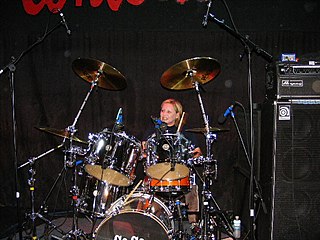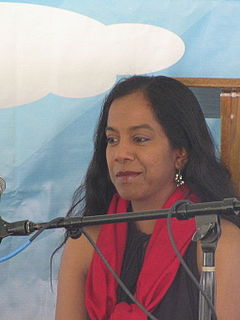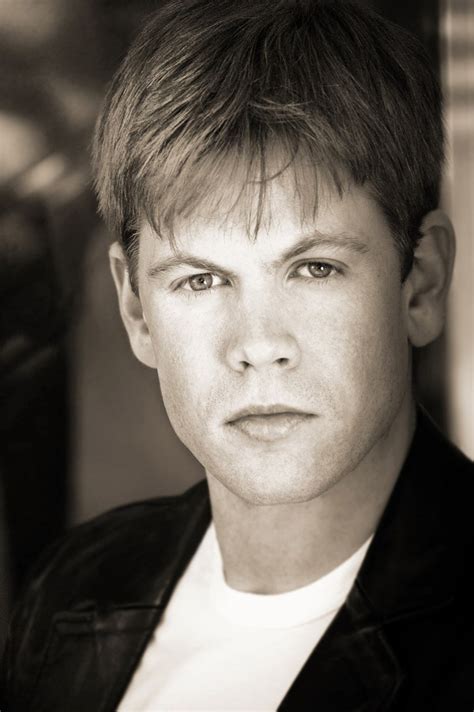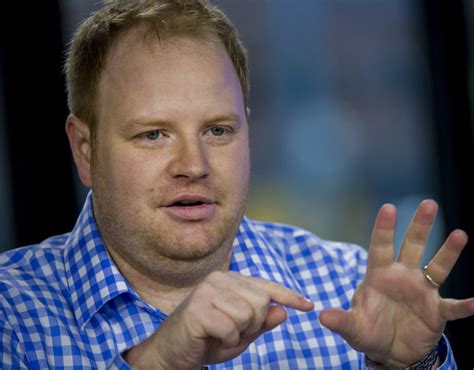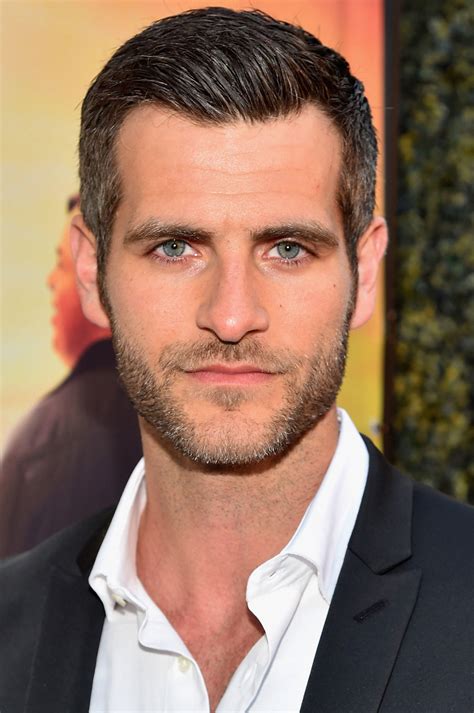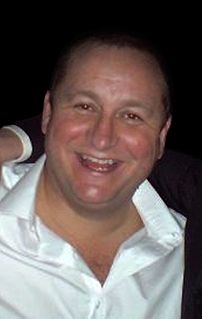A Quote by Kirstin Maldonado
It is based off the pentatonic scale, which is a five-note scale in music. And there are five of us. We were going to be The Pentatonix, but we dropped the 'The' and added an 'x' to try and be cooler.
Related Quotes
Scale is a mental - you can say that a lounger has scale, a building has scale, or an object has scale, or a page, or whatever if it's just right. A scale is a relationship to the object and the space surrounding it. And that dialogue could be music, or it could be just noise. And that is why it is so important, the sense of scale.
What does reflect reality very well is complexity theory, which comes from physics. I'm the one pioneering the idea of bringing it to capital markets. When you look at capital markets through the lens of complexity theory, you ask "what's the scale of the system?" Scale is a fancy word for size. What measures are you using? If you look at total debt, the concentration of assets in the five largest banks, what percentage of the total assets of the five largest banks are interconnected? What you see is a very densely connected, fragile system that could collapse at any moment.
Diatonic, he heard the word in his head. Chromatic, pentatonic, hexatonic, heptatonic, octatonic, each iteration of the scale opening innumerable possibilities for harmony. He thought about the Pythagorean major third, the Didymus comma, the way the intervals sound out of tune rather than as though they were different notes. This, he thought, was where his brilliance at mathematics bled into his love of music; music was the realm in which his mathematical brain danced.
It's a lot easier to figure out how to scale something that doesn't feel like it would scale than it is to figure out what is actually gonna work. You're much better off going after something that will work that doesn't scale, then trying to figure how to scale it up, than you are trying to figure it all out.







